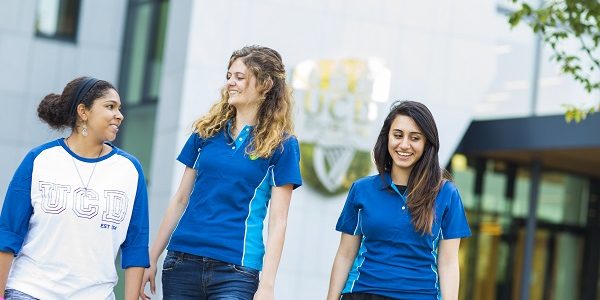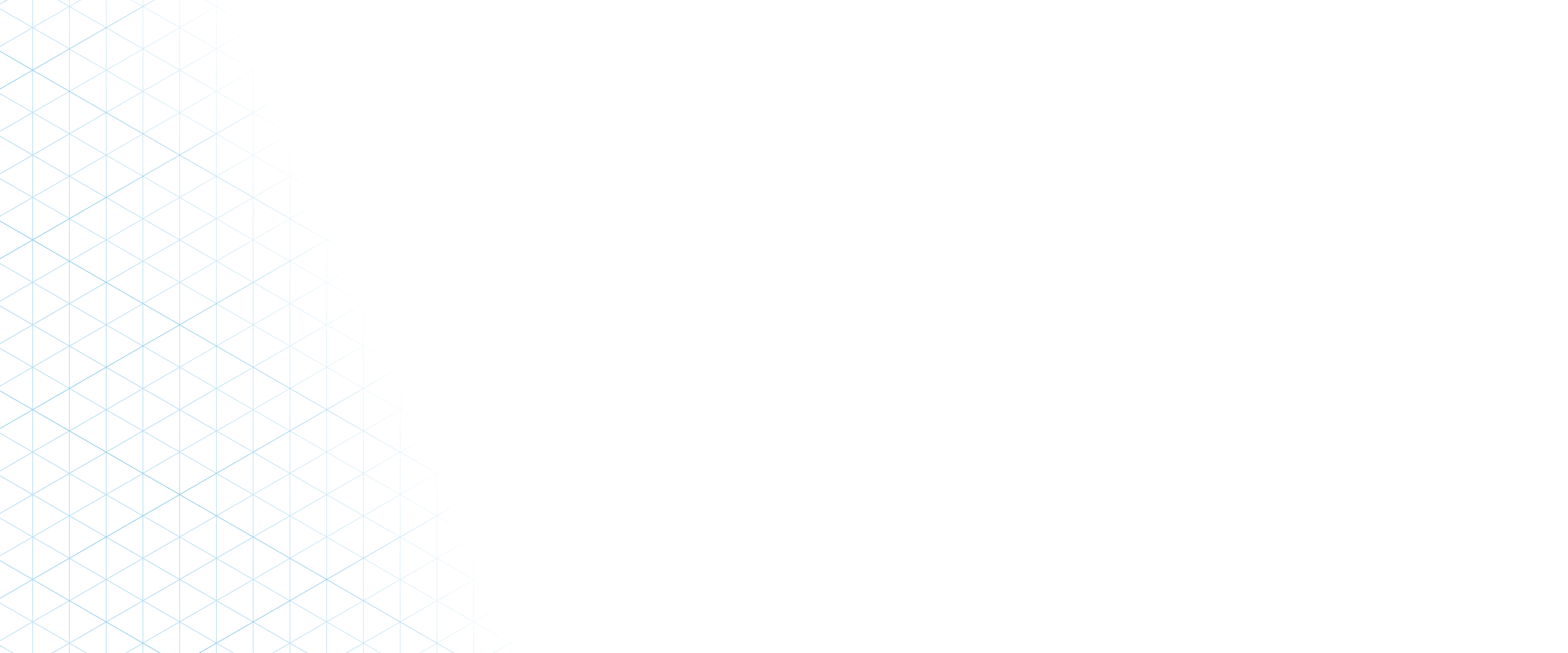Physics with Astronomy & Space Science
BSc (Hons) (NFQ Level 8)

Course Video
Curricular information is subject to change.
Open AllPhysics with Astronomy and Space Science seeks to apply the fundamental laws of Physics to explain observations of the Universe, made using ground and space-based instrumentation. The degree is primarily a Physics degree with specific modules on the applications of Physics and will develop your skills in problem solving, data analysis, computation, and experimental techniques.
Physics with Astronomy & Space Science is one of the degree subjects available through the Physics stream in the common entry Science course.
Students study similar modules for all degree subjects in the Physics stream in first year and will study modules for a minimum of two degree subjects in second year. At the end of second year, students choose their degree major. Assuming students meet all the academic requirements in first and second year, students are guaranteed a degree subject from the stream they are studying in second year. We do our best to ensure that students go on to study their top degree subject choice. As we offer plenty of degree subjects in each stream, students have a number of similar degree subjects to choose from as their degree major. This is a sample set of modules that a Physics with Astronomy & Space Science student could study each year in UCD.
First Year
- Scientific Enquiry
- Introduction to Applied & Computational Mathematics
- Calculus in the Mathematical and Physical Sciences
- Frontiers of Physics
- Foundations of Physics
- Astronomy & Space Science
- Fields, Waves and Light
- Optional Modules
- Elective Module
Second Year
- Exploring the Solar System
- Calculus of Several Variables
- Introductory Quantum Mechanics
- Vector Calculus
- Methods for Physicists
- Electronics & Devices
- + modules for 1 other Science Subject
- Elective Modules
Third Year
- Physics, Astronomy & Space Science Lab
- Classical Mechanics+Relativity
- Quantum Mechanics
- Electromagnetism
- Optics & Lasers
- Option Modules
- Elective Modules
Fourth Year
- Research Project
- Physics, Astronomy & Space Science Lab
- Astronomy Field Trip (Students participate in a week-long field trip where they gain hands-on experience at a professional observatory)
- Applied Quantum Mechanics
- High Energy Particle Physics
- Nuclear Physics
- Galaxies, Orvational Cosmology & the Interstellar Medium
- Option Modules
Timetables & Assessment
Each student will have their own timetable based on their individual module selection. This is a full time course and classes may include lectures, practicals and tutorials, depending on the subjects. Students will also be expected to study independently (autonomous student learning). Assessment varies with each module but may comprise continuous assessment of practicals, written exams and online learning activities.
For detailed information on subject content click here
You may be interested in the following Blog posts: Read about the Physics Society stargazing trip & Student field trip to Tenerife & Student Astronomy fieldtrip experience.
Students can apply to study for a trimester or year in third year in a number of universities worldwide including:
- University of California, Berkeley, USA
- University of California, Santa Cruz, USA
- San Jose State University, California, USA
- University of Melbourne, Australia
The UCD Physics with Astronomy & Space Science is an Institute of Physics accredited degree which positions graduates to go into the rapidly growing space sector. There are opportunities for well qualified graduates to work with major space agencies, such as ESA and NASA, or with space companies. Graduates are also qualified to go into areas such as medical physics, meteorology, semiconductor technology, energy, ICT and finance.
Graduates may apply for MSc programmes such as Space Science & Technology. They may also pursue research through PhD programmes in Ireland and abroad in many fields of physics.
“Choosing to study Science DN200 allowed me to explore all aspects of Physics during my first two years of study. I chose to specialise in Physics with Astronomy & Space Science because it places me firmly on the known universe’s frontiers. Every day I step into the lab, I do not know where I might travel in the universe and what I might learn. UCD Science has given me opportunities to follow my passions from working on research using world-classtelescopes to introducing me to the UCD Science Society where I’ve made friends that I consider family. When I graduate, the toolbox of skills Science DN200 has provided will truly let me reach for the stars and pursue a career or further studies in the space sector.”
Owen Johnson, Student
Associate Professor John Quinn
UCD School of Physics
Belfield, Dublin 4
Email: askscience@ucd.ie


